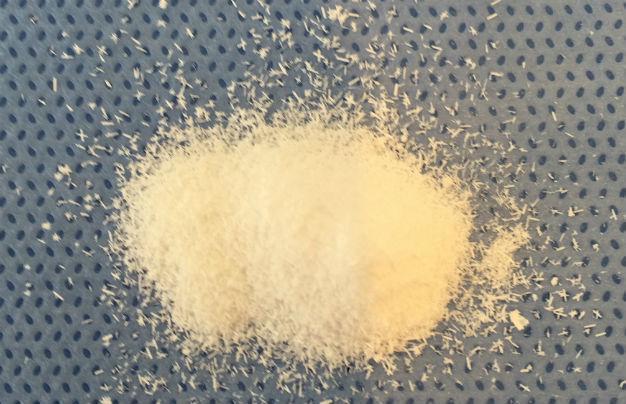Health Ministry, TÜBİTAK support project to produce ‘halal’ bone graft
KOCAELİ – Anadolu Agency

AA photo
Turkey’s Ministry of Health and the Scientific and Technical Research Council of Turkey (TÜBİTAK) have extended financial support for a project to produce bovine bone graft, a substance commonly used in surgery to fix bones, joints and teeth, in order to provide a “halal” alternative to porcine products that dominate the market.
“Bone graft can be made from human bones, animal bones or synthetically. Animal-based material is only being produced in the United States and a few EU states, and 95 percent of that is produced from pig bones,” the general manager of Ankara-based DTI Implant System, Talat Buğur, told Turkey’s state-run Anadolu Agency.
“Animal-based grafts cost around $170 per gram. They are mostly used in the U.S. and EU states,” Buğur said, pointing to the high price of the material to explain the high consumption rates in developed countries.
The new project, which will be carried out by DTI with financial support from the Ministry of Health and TÜBİTAK, aims to create animal-based bone graft but by using cow bones instead of pig bones in the process.
“With the materials that we will develop and produce - and especially by using cows instead of pigs - consumption will rise in Muslim countries,” Buğur said, adding that they aimed to fill a void in the halal market.
The total volume of the global bone graft market stood at $2.35 billion in 2014, while Buğur said the market is expected to reach $3.48 billion by 2023.
Turkish scientists from Çukurova University in the southern province of Adana succeeded in producing a synthetic bone graft to be used in facial plastic and orthopedic surgeries in 2014.
TÜBİTAK has also been supporting a project that developed a test to swiftly detect whether there is pork in halal meat. Some $125,000 was provided over the course of two years for the project.
